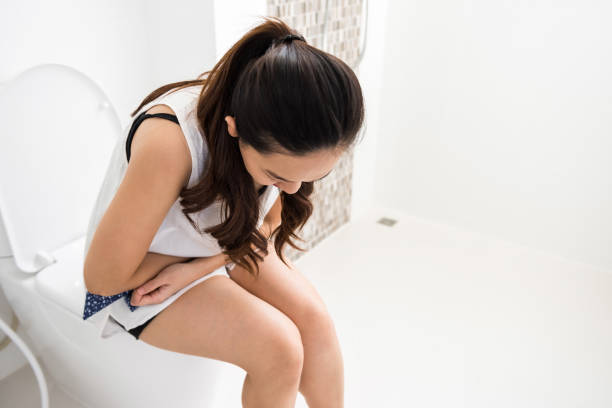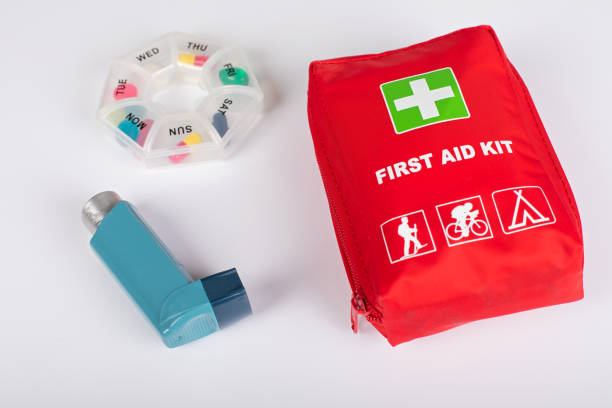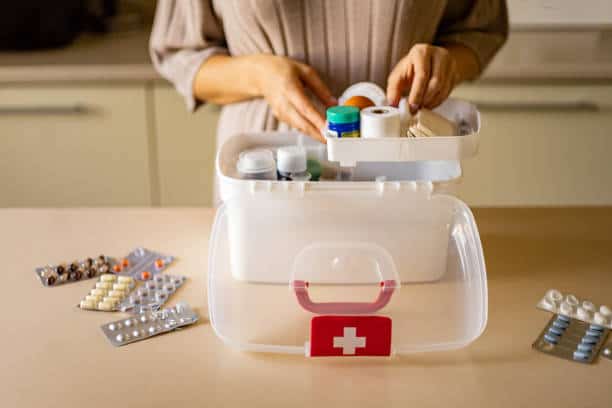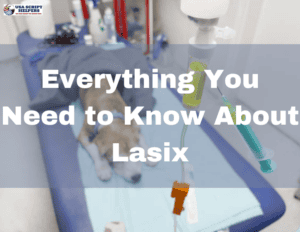Living with Crohn’s Disease can be a very challenging experience. It often requires taking a variety of medications to reduce symptoms and keep the disease in remission. One of these medications is Entocort, which has been proven to be effective in reducing inflammation associated with Crohn’s Disease. While Entocort is an important part of staying healthy and managing the condition, it is also important to be prepared for emergencies that may arise due to Crohn’s Disease. This article will explore what steps you should take to stay prepared for an emergency situation when taking Entocort.
What Is Entocort?
Entocort is a steroid medication used to treat inflammation in Crohn’s disease patients. It is typically prescribed when other medications, such as 5-Aminosalicylates (5-ASAs) or immunomodulators, have been ineffective at reducing symptoms. The active ingredient in Entocort is budesonide, a corticosteroid that works by blocking the production of certain inflammatory substances in the body. This reduces inflammation and helps relieve symptoms like abdominal pain and diarrhea.
Entocort is available as a capsule or an oral suspension and should be taken according to your doctor’s instructions. The usual dose for adults is one capsule taken twice daily or two teaspoons of the oral suspension twice a day. It may take several weeks for Entocort to take full effect, so it’s important to stick with your treatment plan even if you don’t feel better right away.
It’s also important to understand any potential side effects associated with Entocort and know what to do if they occur. Common side effects include nausea, vomiting, headache, and increased appetite. If these become severe or if you experience any signs of an allergic reaction (such as hives, difficulty breathing, or swelling of the face), contact your doctor immediately. With proper monitoring from your healthcare provider and adherence to the prescribed dosage regimen, most people can safely take Entocort for their Crohn’s disease treatment plan.
What Is Crohn’s Disease?
Crohn’s disease is an inflammatory bowel disease that affects the entire gastrointestinal tract, from the mouth to the anus. It causes inflammation in the digestive system which can lead to abdominal pain, diarrhea and fatigue. People with Crohn’s disease can also experience other complications such as weight loss, malnutrition and even liver or joint problems. While there is no cure for Crohn’s disease, it is possible to manage symptoms with medications and lifestyle changes.
It is important for people with Crohn’s disease to stay prepared for potential emergencies. This includes having a plan in place for when flare-ups occur and knowing how to recognize signs of trouble early on. People should talk to their doctor about what they should do if they experience a flare-up, as well as any medical needs they may have during an emergency situation. They should also make sure that their family members are aware of their condition so that they can be better prepared if a crisis arises.
Having Entocort on hand can help those with Crohn’s disease feel more secure and prepared for emergencies. Entocort is a steroidal anti-inflammatory drug which helps reduce inflammation in the intestines, allowing patients to manage their symptoms more effectively. It is important to take Entocort exactly as prescribed by your doctor and monitor your progress closely; this will ensure that you have it available when you need it most in case of an emergency flare-up.
Side Effects Of Entocort
When taking Entocort to treat Crohn’s disease, it’s important to be aware of potential side effects. Though the medication is generally well-tolerated, there are some possible side effects that you should keep an eye out for. It’s also important to stay prepared for any emergencies that may arise due to your treatment.
Common side effects of Entocort include headaches, dizziness, nausea and vomiting. In rare cases, more serious reactions such as allergic reactions or liver damage can occur. If you experience any of these symptoms while taking Entocort, seek medical attention immediately. Additionally, it’s important to monitor your blood pressure regularly while taking Entocort. Some people have experienced high blood pressure when taking the medication and this can lead to serious health issues if not treated properly.
When taking Entocort for Crohn’s disease treatment, you should always be prepared for any possible medical emergencies that may arise. Make sure to carry your medications with you at all times so that you can take them if needed during an emergency situation.
It’s also a good idea to keep a first aid kit handy in case of any injuries or illnesses related to Crohn’s disease flare-ups or other issues associated with the medications you take. By staying prepared and being aware of potential side effects, you can ensure that you’re ready if an emergency arises while on Entocort treatment for Crohn’s disease.
Preparing For Emergencies While Traveling
When traveling with Crohn’s Disease, it is important to be prepared for any emergency situation that may arise. Being prepared means having the necessary supplies and medications on hand, as well as knowing who to contact in case of an emergency. Here are some tips for staying prepared while traveling with Crohn’s Disease.
First, always bring enough medication and supplies for your entire trip, plus a few extra days in case of delays or unexpected events. It is also a good idea to carry a copy of your medical records with you in case you need to access medical care while away from home. Additionally, make sure to research the healthcare system in the area where you will be traveling so that you know what services are available and how they can help you if needed.
Second, it is important to know who to contact in the event of an emergency while traveling. Always have contact information for your doctor and any other healthcare providers readily available should you need assistance. Additionally, have a list of family members or friends who can help if needed. Finally, make sure that someone at home knows where you are going and when they can expect to hear from you if something goes wrong during your travels.
It is essential to take steps to stay prepared when traveling with Crohn’s Disease as medical emergencies can happen anytime and anywhere. By following these tips, you can ensure that you have the necessary supplies and support should an emergency arise while away from home.
Long-Term Strategies For Living With Crohn’s Disease
Living with Crohn’s disease can be overwhelming, but there are long-term strategies that can help you stay prepared for emergencies. It’s important to have an individualized plan and to be aware of your personal limits.
First, make sure to stay informed about the latest treatments and medications available. Ask your doctor or healthcare provider about any new developments in the treatment of Crohn’s disease. Also, keep track of any changes in your symptoms so you will know when it is time to adjust your treatments or medications.
Second, develop a plan for dealing with flare-ups. Know what triggers your flares and how to manage them when they occur. This may include lifestyle adjustments such as avoiding certain foods, exercising regularly, getting enough sleep, and reducing stress levels. You should also have a medical emergency plan in place in case the flares become severe or life-threatening.
Finally, it is important to maintain an open dialogue with your healthcare provider about any concerns you might have regarding the management of Crohn’s disease or its treatment side effects. Your doctor or healthcare provider can provide advice on how best to adjust your treatments as needed and can monitor your condition over time. Staying informed and working closely with a healthcare professional will help ensure that you receive appropriate care while living with Crohn’s disease.
Conclusion
In conclusion, it is important to be aware of the medications available for the treatment of Crohn’s Disease and to understand how long it will take for them to begin working. It is also important to know that lifestyle changes can help reduce the impact of Crohn’s Disease.
Additionally, there are other medications besides Entocort that can be used to treat Crohn’s Disease, as well as various alternative treatments. Lastly, it is essential to remember that not seeking professional help in an emergency situation can have serious consequences, so always be prepared and take necessary precautions.
If you or someone you know has been diagnosed with Crohn’s Disease, never hesitate to seek professional medical advice. Taking the initiative now could mean avoiding more serious complications down the line.


















